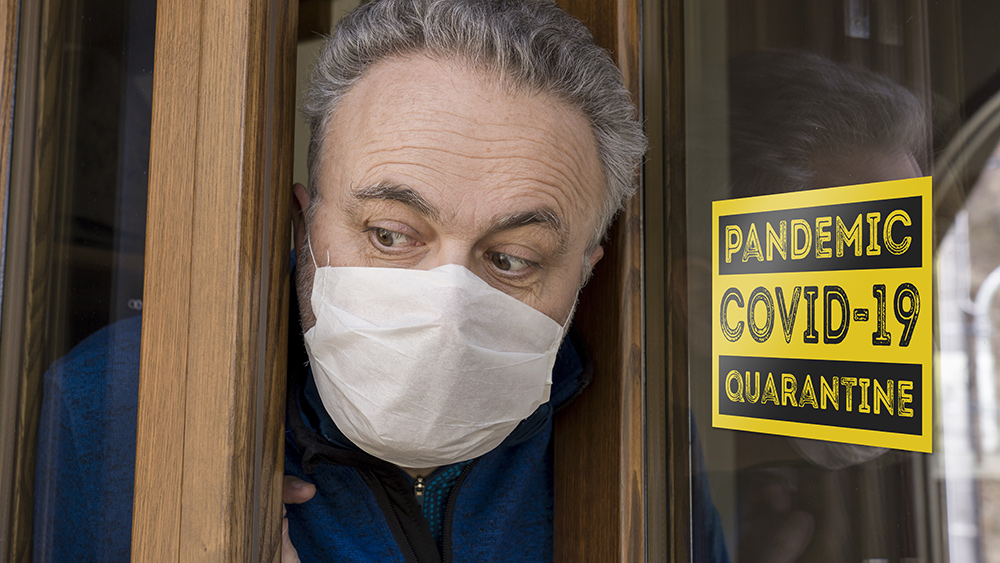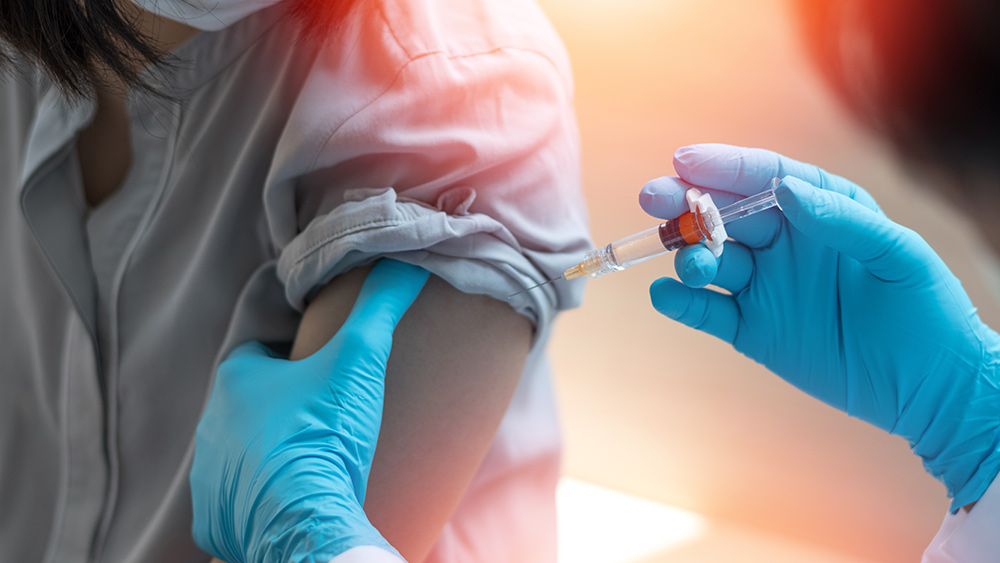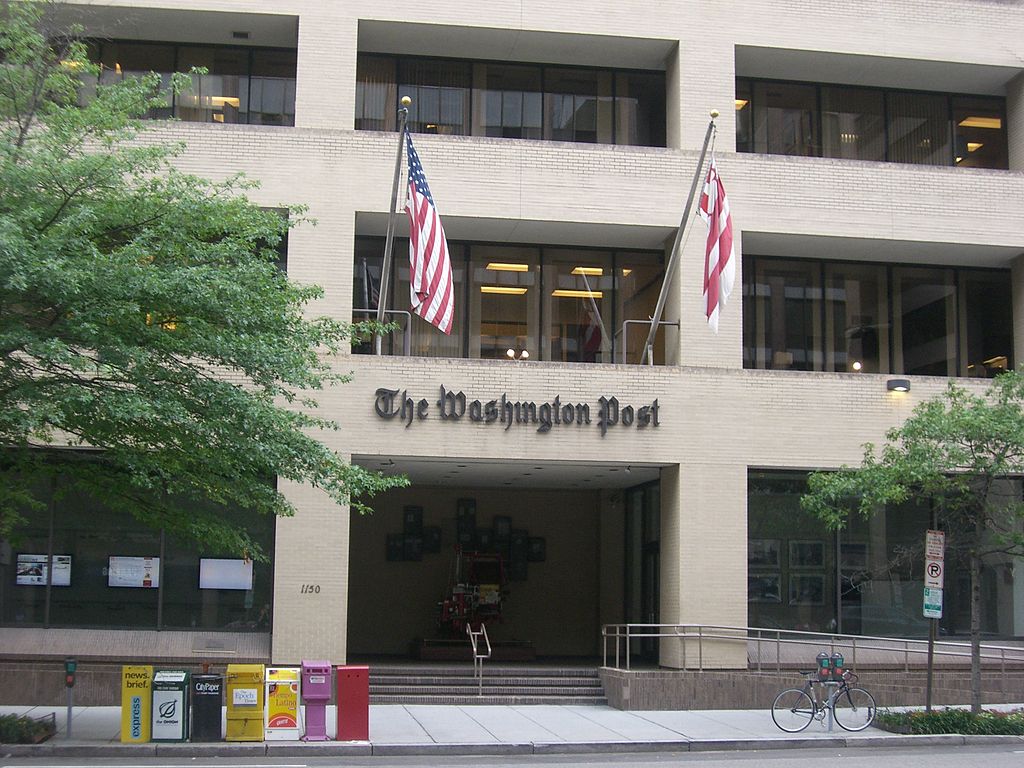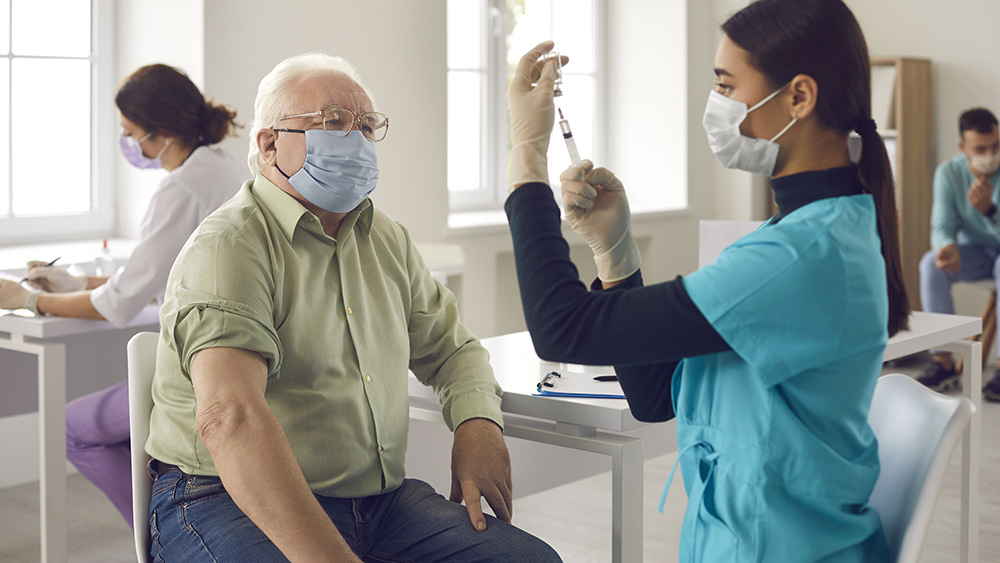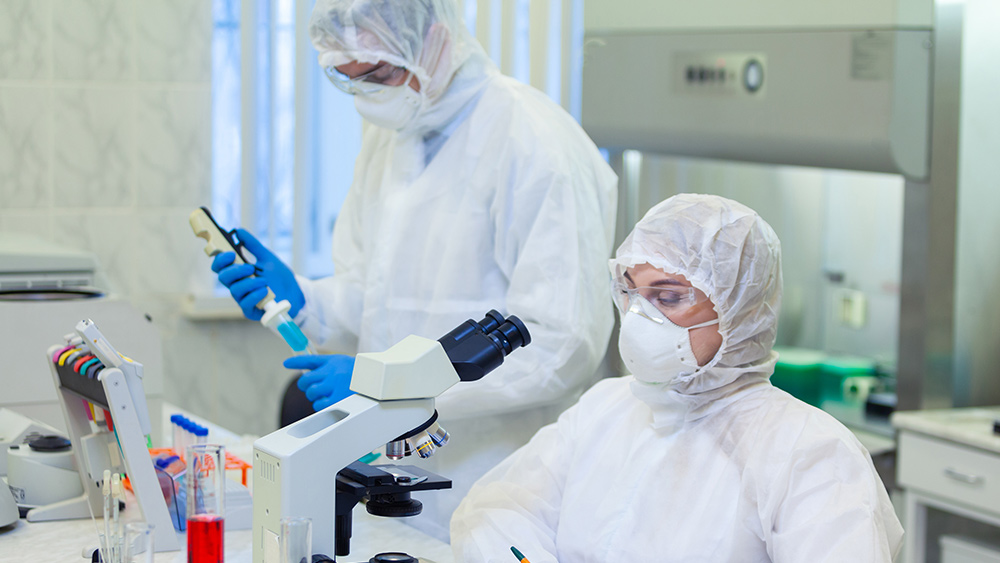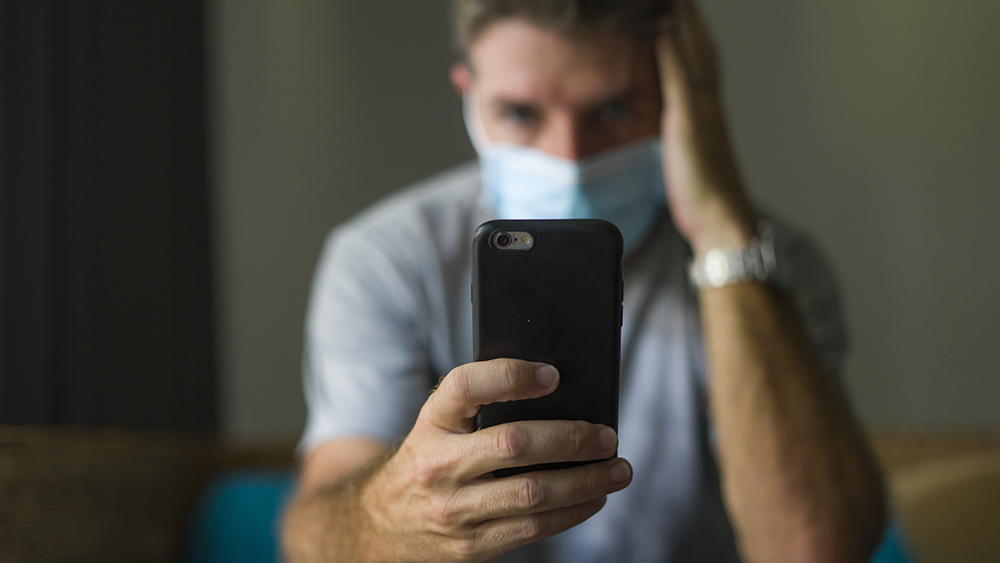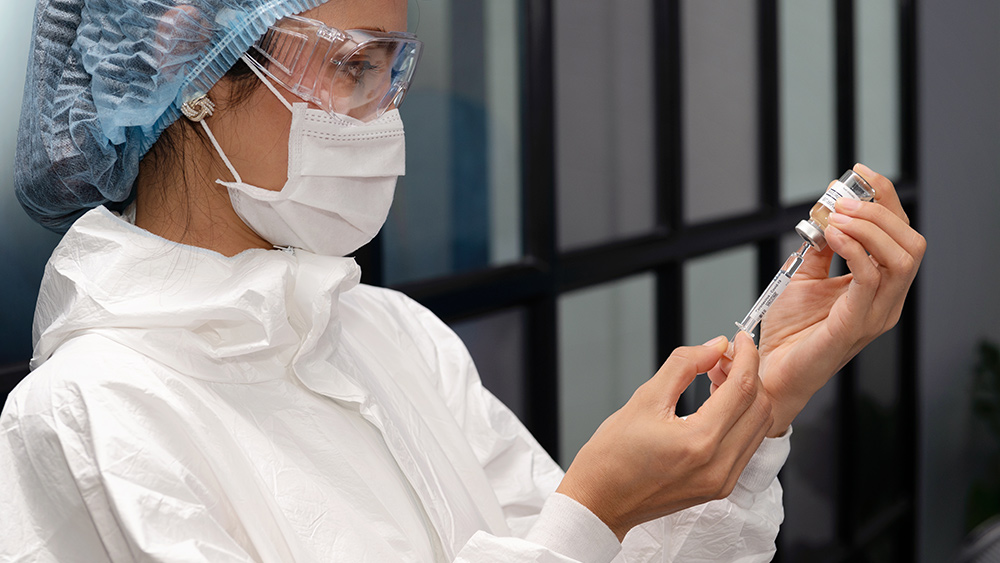Scientists warn that global 5G rollout should be halted due to risks to public health
01/25/2021 / By Franz Walker

A scientist from the United Kingdom has warned that the rollout of 5G networks around the globe should be halted until the technology’s safety has been tested and proven.
According to Professor John William Frank, an epidemiologist and physician at the University of Edinburgh, we should “err on the side of caution” by delaying any further rollout of 5G networks, “pending more conclusive research” on its safety.
Frank made his argument in a peer-reviewed paper published in the Journal of Epidemiology & Community Health.
5G doubts fueled by scientific uncertainty
5G technology has been hailed by governments, as well as certain vested interests, as transformative, promising economic and lifestyle benefits through greatly boosting wireless and mobile connectivity.
Compared to previous-generation technologies, 5G has a higher transmitter density, meaning that it needs more transmitter masts over a given distance. This exposes more people to radiofrequency electromagnetic fields at levels that, Frank argues, could potentially be harmful to human health.
Four key areas of scientific uncertainty have fueled Frank’s concern.
A growing but far from comprehensive body of laboratory research indicating the biological potential of radiofrequency electromagnetic fields is among chief concerns, as well as a lack of clarity about precisely what technology is included in 5G.
“‘5G systems’ is not a consistently defined term, comprising quite different specific technologies and components,” Frank points out.
Then there’s the almost total lack of high-quality epidemiological studies of the impact on human health of 5G electromagnetic frequency exposure, as well as mounting epidemiological evidence of such effects from previous generations of radiofrequency electromagnetic field exposure at lower levels.
Frank points out that 5G uses much higher frequency radio waves than previous technologies. It uses very new – and, in terms of safety, unevaluated – supportive technology to enable this higher data transmission capacity.
He explains that the fragility of 5G’s high-frequency waves means that transmission boosting towers are required every 100 to 300 meters. This means that it requires many more transmission masts than previous technologies with lower frequency waves.
While several reviews of the existing evidence of 5G’s potential health risks have been published over the last decade, Frank says that these have been of “varying scientific quality.”
As such, Frank says that these studies have not stopped the clamor from “a growing number of engineers, scientists, and doctors internationally … calling on governments to raise their safety standards for RF-EMFs, commission more and better research, and hold off on further increases in public exposure, pending clearer evidence of safety.”
Other experts dispute 5G claims
Scientists and experts have challenged Frank’s suggestion, with one saying that his opinion is “not supported by health authorities worldwide.”
In addition, the World Health Organization (WHO) has claimed that, after much research, “no adverse health effect has been causally linked with exposure to wireless technologies.”
But Frank is sticking to his argument that the rollout of the technology around the world needs to be slowed down. He argues that there are sound bases for invoking “the precautionary principle,” given the doubt about the safety of a new and potentially widespread human exposure. (Related: Brussels halts 5G deployment indefinitely: 5G project, say authorities, not compatible with radiation safety standards.)
This, Frank argues, should be reason enough “to call a moratorium on that exposure, pending adequate scientific investigation of its suspected adverse health benefits.”
He says that there is no compelling public health or safety rationale for 5G’s rapid deployment, with its main gains being more about consumer convenience and economic gains for those pushing the technology.
Frank concludes by saying: “Until we know more about what we are getting into, from a health and ecological point of view, those putative gains need to wait.”
Follow 5GAlert.com for more on the efforts to slow down the deployment of 5G networks.
Sources include:
Tagged Under: 5g, 5g dangers, 5G harms, 5g radiation, danger, dangerous technology, Glitch, Public Health, radiation, radiation danger, radiation science, telecom

